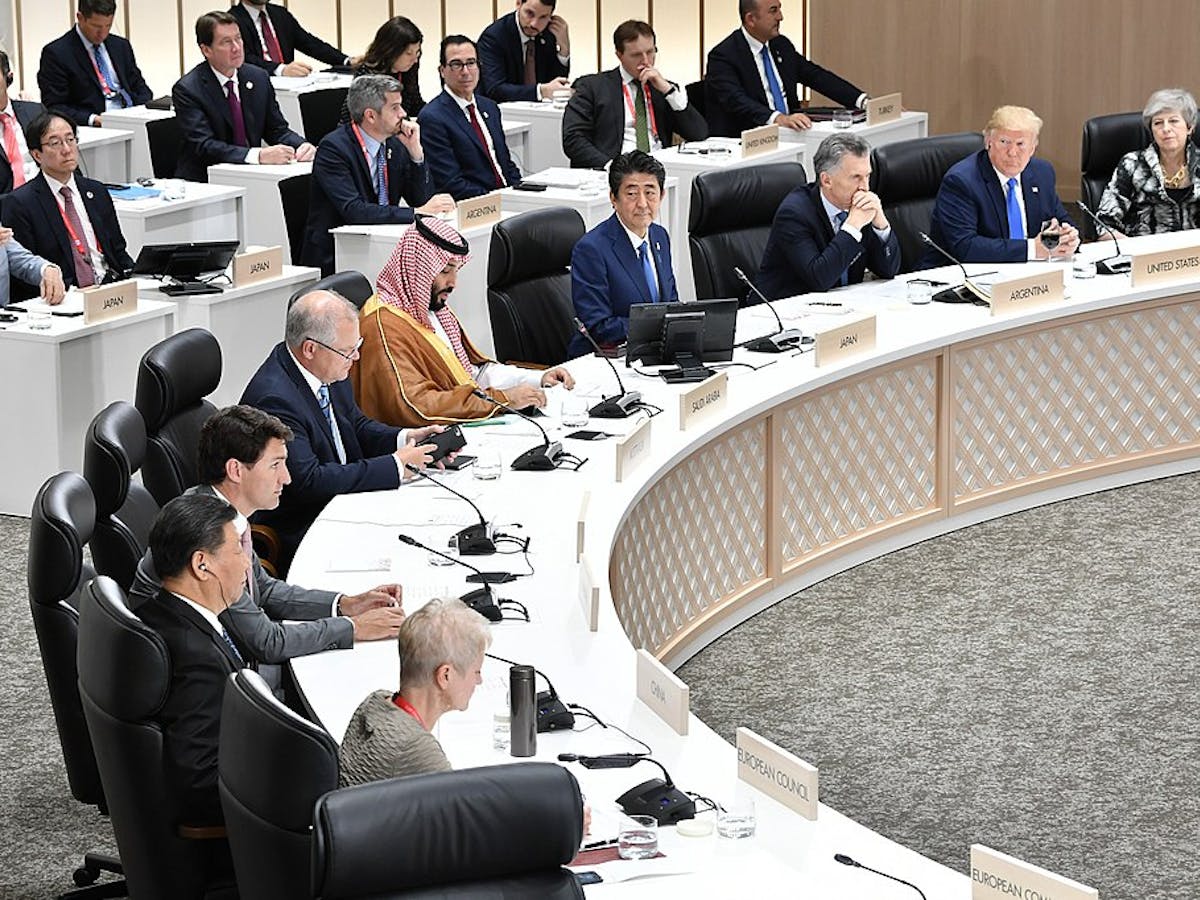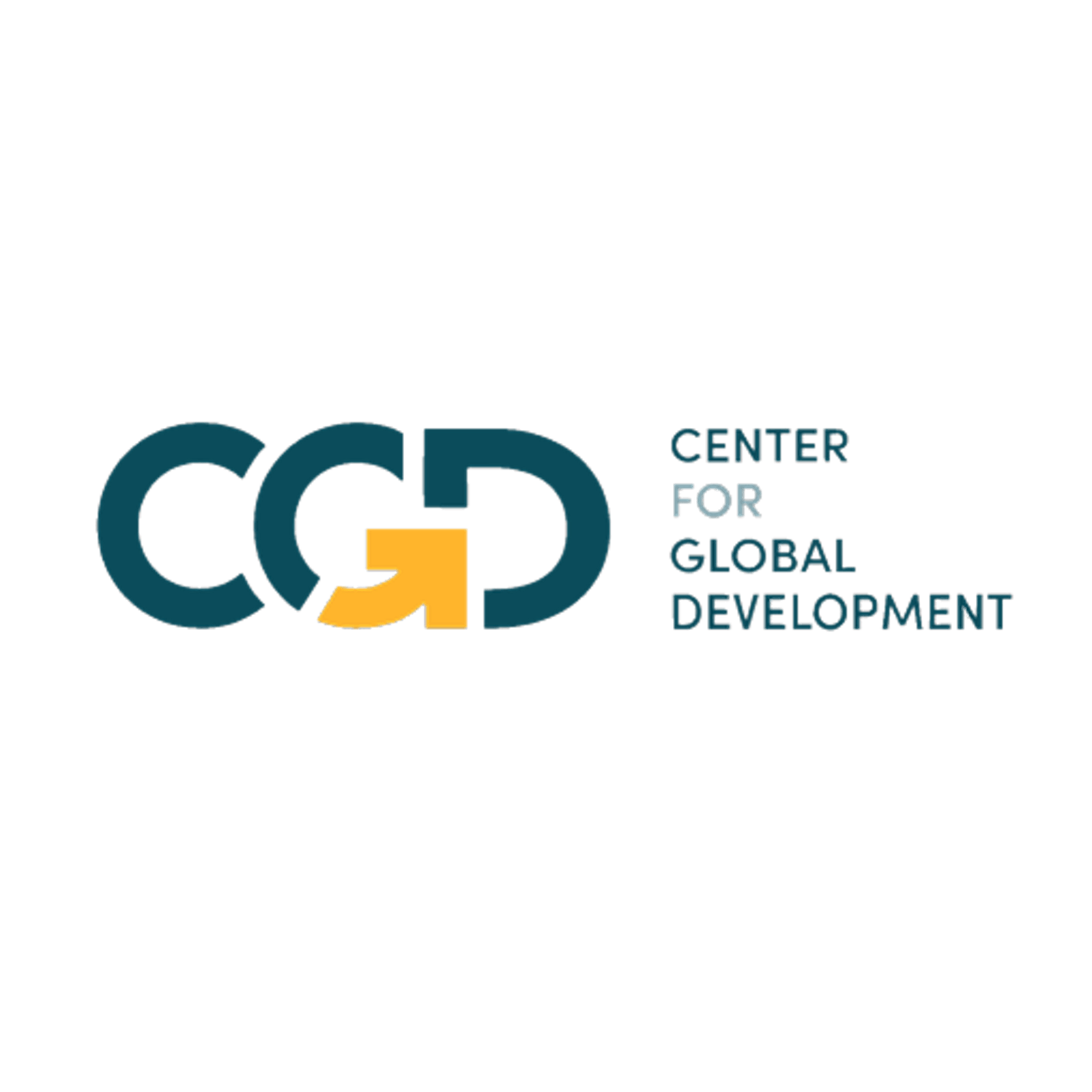Eighteen months into the worst pandemic in a century, we still don’t have a credible, fully financed, time bound battle plan to bring this suffering to an end. Over fifty thousand people are still dying of COVID-19 every week, and new infections are rising dramatically in many developing countries where hospitals are being overwhelmed and supplies of oxygen and other critical medical goods are running short. We say that no one will be safe until the virus is controlled everywhere but our actions don’t reflect that. ACT-A and COVAX—the global mechanism for procuring and delivering vaccines, tests, medicines, and related supplies—remains short of some $17 billion. Half a million deaths could be avoided in the next six months if high income country governments just share enough vaccines to cover high risk populations elsewhere and thereby avert worse-case scenarios.
History will not record the world’s handling of COVID-19 as a high point of effective international cooperation. Nor is COVID-19 likely to be a rare event in the future. The frequency of infectious disease outbreaks has been growing and there is a significant risk that in the next fifteen years we will experience another pandemic at least as damaging as this one. How well will the world respond next time—especially if that virus has a 5 percent fatality rate rather than the ~1 percent of COVID-19?
To answer that question and propose reforms ahead of the near certainty of the next pandemic-potential pathogen, the Italian Presidency of the G20 commissioned a High Level Independent Panel on Financing the Global Commons for Pandemic Preparedness and Response in January 2021.
Today, the panel Co-Chairs, Ngozi Okonjo-Iweala, Tharman Shanmugaratnam, and Lawrence Summers present their report, A Global Deal for Our Pandemic Age, to the G20 Finance Ministers and Central Bank Governors meeting in Venice. Researchers from CGD and Brussels-based think tank Bruegel provided research and advice to the panel.
The short story is: More and smarter money is key to ensuring that the world can prevent, detect, and respond to future pandemic threats, and clearer governance is urgently needed to make the global system work better to save lives and economies. The Panel calls for an increase in at-the-ready international financing of at least $15 billion per year over the next five years to plug four major gaps in preparedness and to ready rapid response if needed: disease surveillance, resilience of national health systems, global capacity to supply and deliver vaccines and other medical countermeasures, and global governance.
Specifically, the Panel calls on the G20 governments to:
- Shift towards greater multilateral financing for global health security, including a reformed and strengthened WHO, which is heavily dependent on voluntary funding and grossly underresourced. It is in the interests of all nations that the WHO receive both enhanced and more predictable resources to play its role effectively as the lead organization in global health.
- Make global public goods, especially for pandemic security and climate action, part of the core mandate of the International Financial Institutions (IFIs), namely the World Bank, other multilateral development banks (MDBs), and the International Monetary Fund (IMF). The MDBs should incentivize and bolster domestic investments in and progress towards pandemic security for low and middle-income countries, using grant financing as appropriate to reflect the public goods dimension of these investments in the face of intensely competing priorities for scarce public spending. Shareholders must ensure timely and sufficient replenishments of their contributions to the MDBs. The IFIs should also ensure countries have fast-track access to financing for response when pandemics strike.
- Establish a Global Health Threats Fund, mobilizing $10 billion per year in additional financing to provide strong and agile support for efforts to close gaps in global preparedness. The new Fund would enable a transformed system of national, regional, and global surveillance, and substantially increase the global development, stockpile, and supply of medical countermeasures to radically shorten the time taken to respond to future pandemics. It would be designed to support the work of existing global and regional health organizations and to complement, not substitute for, other investments by governments and the private and philanthropic sectors in global health.
- Strengthen global governance for pandemic security through a new Global Health Threats Board. The Board will bring together health and finance ministers from an inclusive G20Plus group of nations and regional organizations to ensure proper financing and swift actions to prevent and rapidly respond to future pandemics. The Board would determine the priorities for the new Global Health Threats Fund.
Next week, we will sit down with panel co-Chair and CGD Board Chair, Larry Summers, and National Academy of Medicine President and Panel Advisor Victor Dzau to discuss the report’s key recommendations and next steps. Join us for this important event.
CGD experts have been committed to global health security and financing for outbreak preparedness and response since long before the COVID-19 crisis, and will continue to build on this body of work in the coming months as the world responds to the current pandemic and turns to building resilience against future ones.

